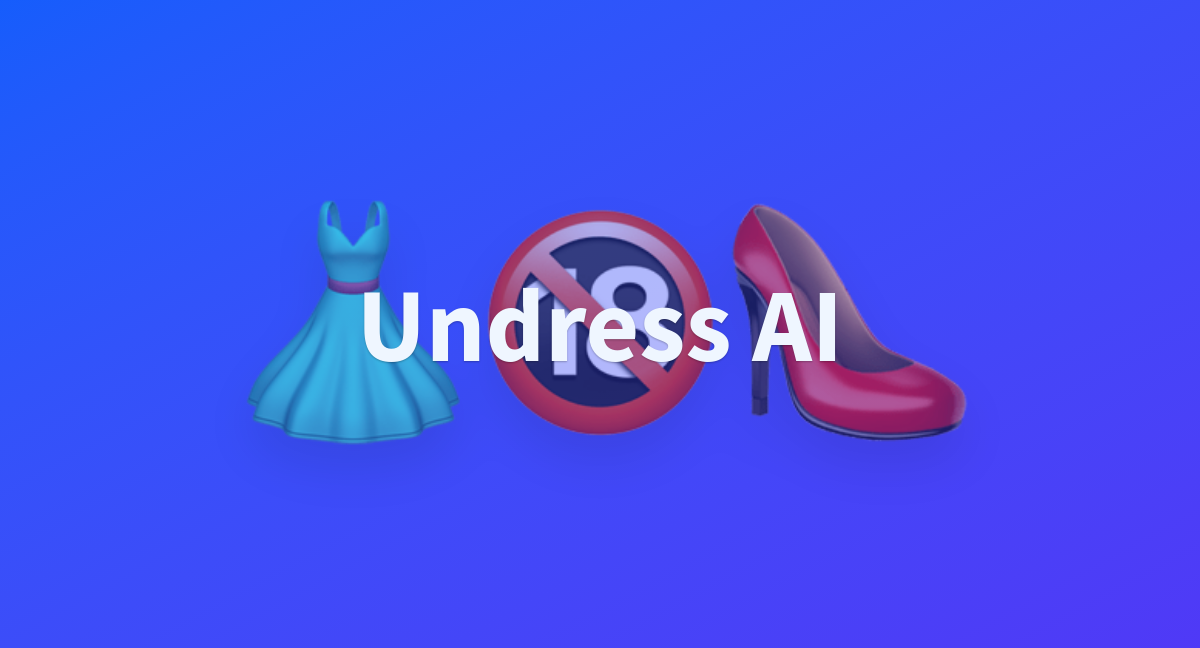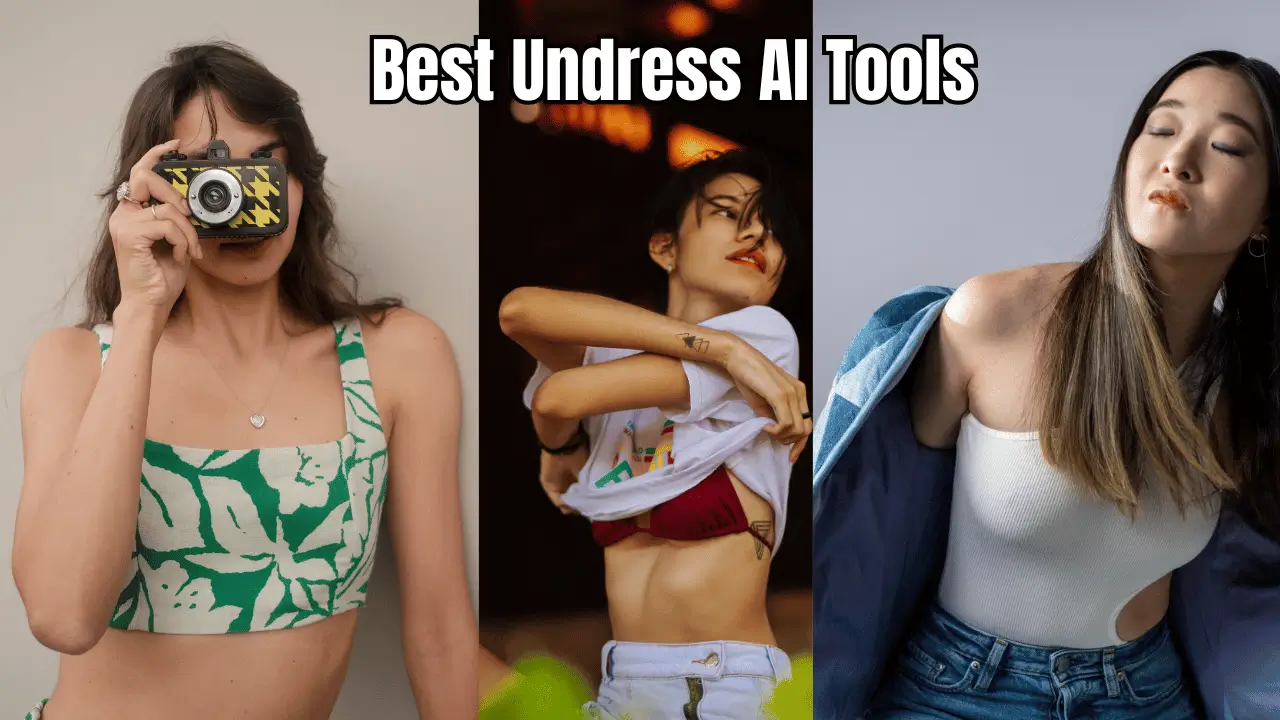AI Clothes Removal Apps: Risks & Alternatives | Discover Now
Is it possible for artificial intelligence to strip away not only clothing but also ethical boundaries? The rise of AI-powered "undressing" applications has ignited a fierce debate, forcing us to confront the potential for both unprecedented creative expression and deeply disturbing misuse.
In the bustling city of San Francisco, a legal battle is underway, spearheaded by City Attorney David Chiu. The target? Sixteen of the most prominent websites and apps that offer users the ability to "nudify" or undress images, predominantly of women and girls. This legal action underscores the growing concern over the ethical implications and potential harms associated with this rapidly evolving technology.
| Feature | Description | Potential Applications |
|---|---|---|
| AI Clothes Removal | Utilizes deep learning algorithms to automatically detect and remove clothing from images. | Creative design, fashion industry, virtual fitting rooms, artistic projects. |
| AI Faceswap | Automatically recognizes a person in an image and replaces clothing. | Entertainment, virtual fitting rooms. |
| Image Modification | Users can edit images precisely, erasing or altering elements. | Artistic projects, image enhancement. |
| Deep Learning Algorithms | Underlying technology that powers the automatic clothing removal. | Image processing, AI-driven applications. |
| AI Creation Platform | Platform designed to create original works, including those related to image manipulation. | Creative endeavors, personalized image alteration. |
The allure of these applications is undeniable. They promise a level of creative control and image manipulation previously confined to the realm of complex software like Photoshop. Tools such as "ptool's AI clothes remover" boast of simplifying the process, offering "unprecedented fun" and an "unparalleled image processing experience." Platforms like Muke.ai position themselves as leaders in AI creation, offering features like "undress AI" alongside AI faceswap and other tools.
- Chef Aaron May The Untold Story Of The Culinary Star
- Latest Telugu Movie News Streaming Guide Year Find It Here
These "undress AI" features are often described as being designed for applications in entertainment and virtual fitting rooms. Designers could potentially visualize how garments fit and drape on different body types without the need for physical prototypes. Users could modify images for artistic projects, enhancing their creativity.
However, the same technology that fuels innovation also raises a host of complex ethical questions. The "undress AI" feature on platforms like Muke.ai, which purports to create altered images by digitally removing clothing, has become one of the most contentious. Serious ethical questions surrounding privacy infringement, non-consensual image creation, and the potential for misuse have been raised. The ability to simply upload a photo and receive an altered version, where clothing is digitally removed, opens the door to abuse.
The core of the issue is consent. When images of individuals are manipulated and distributed without their knowledge or permission, it constitutes a serious violation of privacy. This is a significant issue for the victims, who can find themselves subjected to the exploitation, shame, and distress. The creation and spread of non-consensual deepfakes can also have devastating consequences, including reputational harm and emotional distress.
- Movierulz Telugu Movies What You Need To Know In 20242025
- Kannada Movies 2024 Watch Online Legally Avoid Movierulz
The ease with which these tools can be accessed and used further exacerbates the problem. Numerous "undress" applications are readily available online, some even offered without charge. While the technology may appear fascinating on the surface, it's imperative to consider the possible consequences before engaging with such tools.
Beyond the ethical considerations, there are also questions about the potential for these tools to be used for malicious purposes. The creation of "deepnudes" realistic-looking nude images generated from existing photos poses a significant threat. These images can be used for harassment, blackmail, and other forms of abuse. The ability to generate such images quickly and easily increases the risk of harm to individuals, particularly women and girls.
The fashion industry can also benefit, but it is not the only benefactor. Such technology could also be used for personal entertainment or the enhancement of artistic projects, ensuring a seamless and realistic finish. Furthermore, designers could visualize how clothes fit on different body types without needing physical prototypes. However, with great power comes great responsibility.
The ethical concerns surrounding these tools have sparked a search for alternatives. Some AI apps are emerging that offer similar functionalities, such as image manipulation and alteration, but with a stronger emphasis on artistic expression and user consent. These platforms are focused on giving users control over their images and promoting responsible use.
The legal actions taken in San Francisco, led by City Attorney David Chiu, are a sign of how seriously authorities are starting to take the ethical and legal implications of AI image manipulation. The lawsuits against the websites and apps that facilitate "nudification" are a clear indication of a broader trend toward regulating these technologies.
The debate surrounding AI-powered "undressing" tools is far from settled. As the technology continues to evolve, the questions about privacy, consent, and the potential for misuse will only become more complex. Finding the correct balance between innovation and ethical conduct will require the cooperation of lawmakers, tech companies, and the broader public.
The challenge lies in finding a way to foster innovation while also safeguarding individual rights and preventing the exploitation of technology. It is crucial to foster a culture of responsible AI development and usage. We need to prioritize individual safety, protect privacy, and set clear limits on what is acceptable. The future of AI image manipulation depends on our capacity to navigate these complex ethical and legal terrains.
The path forward requires a multifaceted approach. Governments must implement regulations to curb malicious use and prevent the creation of non-consensual images. Tech companies have a responsibility to design their platforms ethically, providing safeguards to prevent abuse and protecting user data. Furthermore, it is up to everyone to educate themselves on the risks and implications of these tools and advocate for responsible AI development.
The ongoing legal battles, the public debates, and the search for ethical alternatives all highlight the significance of this issue. It is a reminder that the ethical considerations of AI must always be at the forefront of its development and deployment. As we continue to explore the possibilities of artificial intelligence, we should never lose sight of our shared responsibility to protect people and uphold the values of respect, privacy, and consent.
- Movierulz 2025 Watch Latest Kannada Telugu South Films Online
- Mehdi Hasans Wife Career Family Personal Life Revealed

Top 7 des meilleures applications pour déshabiller une personne

opencv_transform/dress_to_correct.py · Rooc/Undress AI at main

6 Best and Free Undress AI Tools to Remove Clothes. WishfulThemes